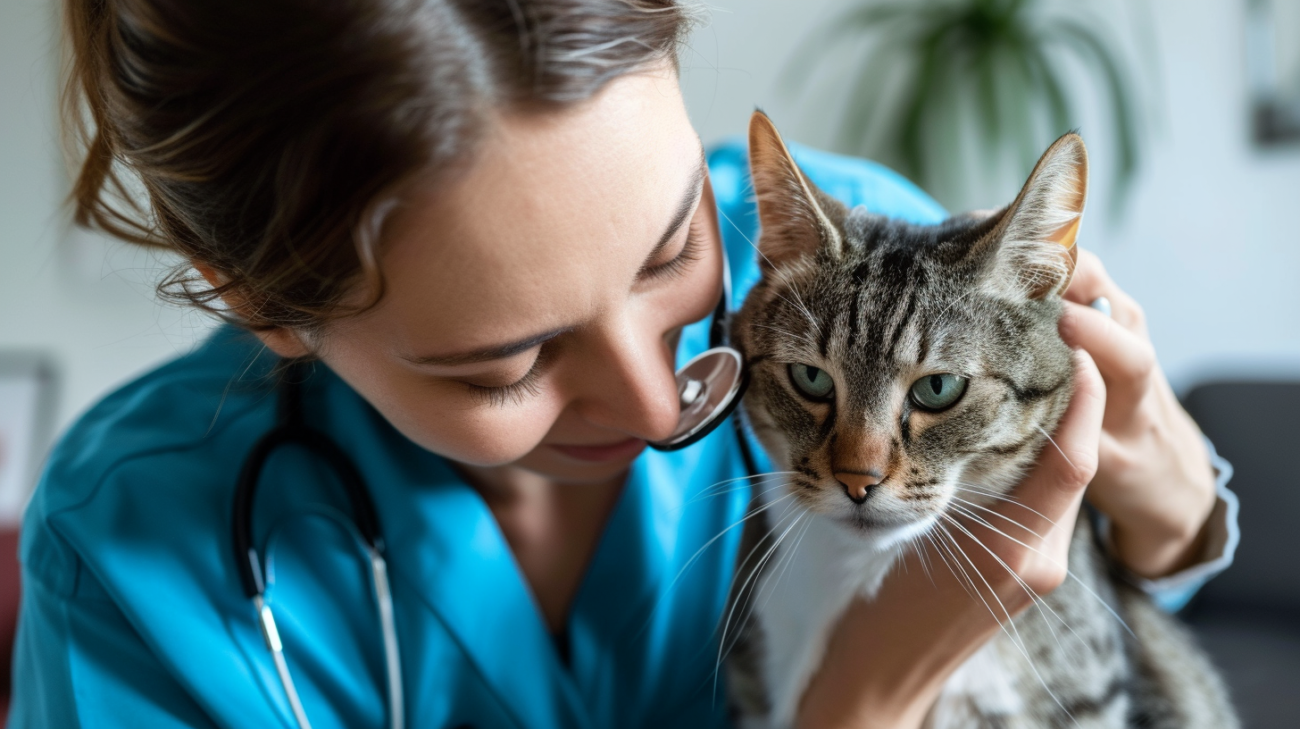
In this article, we will discuss why your cat may be growling after spay surgery. We will delve into common reasons for this behavior and provide insights on how to help your feline friend during this recovery period.
Why is My Cat Growling After Spay Surgery?
It is common for cats to exhibit growling behavior after spay surgery. This can be attributed to the stress and discomfort that your cat may be experiencing post-surgery. The anesthesia, pain medication, and the surgery itself can all contribute to your cat’s unease.
Additionally, your cat may be feeling vulnerable and in pain following the surgery, leading to a heightened sense of defensiveness. This can manifest as growling as a way for your cat to communicate that they are in distress and need space.
How Can I Help My Cat?
It is important to provide a calm and quiet environment for your cat to rest and recover after spay surgery. Create a cozy space with soft bedding and ensure that your cat has access to fresh water and food. Be gentle and understanding with your cat, giving them the space they need to heal.
Try to minimize distractions and loud noises in the home to reduce your cat’s stress levels. If your cat continues to growl, consult with your veterinarian to rule out any underlying medical issues that may be causing this behavior.
Should I Be Concerned About My Cat’s Growling?
While growling after spay surgery is common, it is important to monitor your cat’s behavior closely. If your cat’s growling persists or is accompanied by other concerning symptoms such as lethargy, loss of appetite, or swelling at the incision site, contact your veterinarian immediately.
Keep a close eye on your cat’s overall well-being and provide them with the necessary care and attention during this recovery period. Your vet may recommend additional pain medication or interventions to help alleviate your cat’s discomfort.
How Long Will My Cat’s Growling Last?
Every cat is different, so the duration of your cat’s growling behavior after spay surgery may vary. Some cats may only exhibit growling for a few days, while others may continue to display this behavior for a week or more.
It is important to be patient and understanding with your cat during this time. Provide them with affection and reassurance, but also respect their need for space and rest. If your cat’s growling persists for an extended period, consult with your veterinarian for further guidance.
Conclusion
In conclusion, growling after spay surgery is a common behavior in cats and can be attributed to stress, discomfort, and pain. Providing your cat with a calm and comfortable environment, monitoring their behavior closely, and seeking veterinary advice when needed are key steps in helping your cat recover successfully.
Post-neuter care for your cat – 5 things to do
FAQs
1. Can I give my cat pain medication after spay surgery?
It is important to follow your veterinarian’s recommendations for pain management after spay surgery. Avoid giving your cat over-the-counter medications without consulting with your vet first, as some human medications can be toxic to cats.
2. Is it normal for my cat to have a decreased appetite after spay surgery?
Yes, it is common for cats to have a decreased appetite after surgery due to stress and discomfort. Monitor your cat’s food and water intake, and contact your vet if your cat is not eating or drinking for an extended period.
3. How can I help my cat feel more comfortable during their recovery period?
Providing your cat with a quiet and cozy space to rest, offering gentle affection and reassurance, and minimizing stressors in the home environment can help your cat feel more comfortable during their recovery period.
4. Should I be worried if my cat is licking or biting at the incision site?
It is normal for cats to groom themselves after surgery, but excessive licking or biting at the incision site can lead to complications. Keep an eye on the incision site and contact your vet if you notice any redness, swelling, or discharge.
5. How long does it take for cats to fully recover after spay surgery?
Most cats will fully recover from spay surgery within 10 to 14 days. However, recovery time can vary depending on the individual cat and any underlying health conditions. Monitor your cat’s progress and contact your veterinarian if you have any concerns about their recovery.
